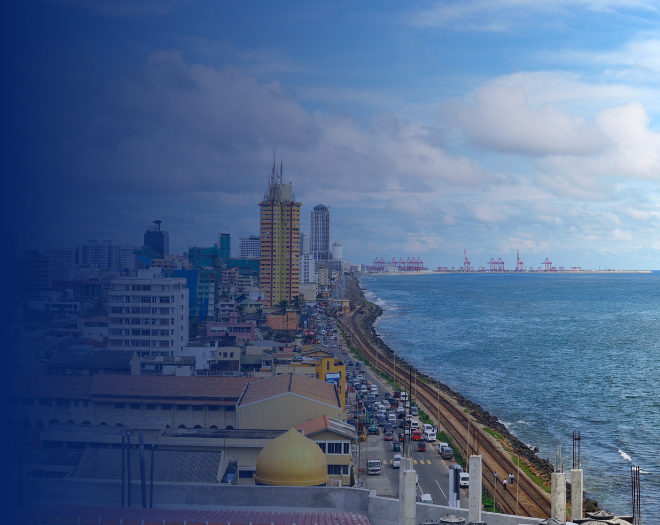Summary
- The economy and businesses are much better prepared for any eventuality.
- Report provides evidence of stock market resilience in other markets that experienced a resurgence of case numbers.
Leading stockbroking firm Asia Securities (Pvt) Ltd., advised investors not to react impulsively to news of the emergence of the new COVID-19 cluster in Sri Lanka. In the report, the firm argues that the country and economy is better prepared to withstand any possibility of a rise in new cases this time around due to actions taken by the government and the private sector since the lockdown in the April/May period. The report further highlights the government’s experience in managing new case transmission, the healthcare system’s enhanced testing, quarantining and treatment capabilities, and the better preparation of corporates to maintain uninterrupted operations under all circumstances will enable positive economic and corporate performance.
The report also notes that Sri Lanka’s ability to reduce COVID-19-related mortality rates as a reason for optimism. Sri Lanka’s mortality rate is ranked 169 out of 216 countries, putting it among the global top in terms of pandemic preparedness. This was attributed to strong management of the pandemic by the government, the relatively younger population in the country with only 11% of the population being above the age of 65 (especially compared to developed markets, like the US at 16% and the EU region at 20%), along with better management of the quarantine and hospital capacity in the country.
The firm’s analysis shows that equity markets in several regional emerging economies as well as developed economies, have remained stable through second waves of COVID-19. In some emerging markets, equity indices fell initially—like the Colombo Stock Exchange indices did on Monday, 5 October—but have quickly rebounded. For example, in Vietnam, the main index on the Ho Chi Minh Stock Exchange is up 8% from the point before the second wave was detected in July. In Malaysia, the main stock market index has bounced back to pre-second wave levels in early September. Similar trends have been observed in many developed markets. In Australia, where the second wave has come and gone, the stock markets index is up 2%. Even in Italy where the second wave is ongoing since mid-August, the index has recovered and is currently down only 4% during that time.
Buying on the dip
The sell down on Monday, 05 October has unveiled more value on a large number of counters that are set for strong earnings this upcoming season. The current valuations in the market do not reflect this and provides an attractive entry point for investors to gain on the bounce.














